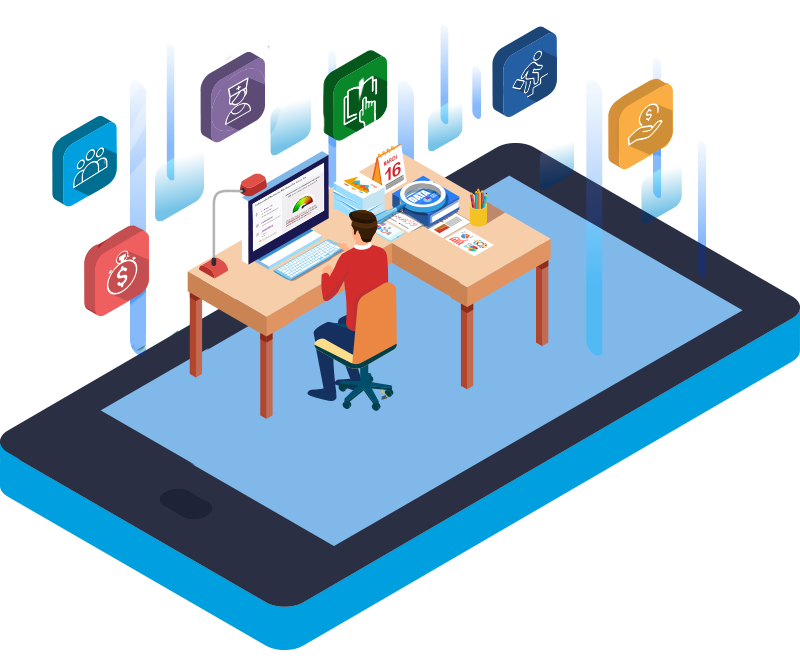“You may think we’re here to talk about technology, but we’re actually here to talk about money,” Michael Mills told ABA Tech Show 2016 attendees. Given how artificial intelligence (AI) is currently used in law firms, he certainly isn’t lying.
AI has been applied by many law firms to streamline and organize business processes within the organization. But how can those processes be applied to provide both lawyers and clients with easy solutions to straightforward questions that would otherwise cost precious research time? The answer may lie with experts systems.
Mills, co-founder and chief strategy officer at Neota Logic, and Jason Dirkx, knowledge management counsel at law firm Littler Mendelson, hosted the “How to Hire a Robot – or Using Experts Systems in Today’s Law Firm” panel at the ABA Tech Show 2016 in Chicago. The panel aimed to not only explain how experts systems can be applied in the law firm, but also provide examples of design and the process by which an experts system can be created.
Before starting on the journey, though, Mills made sure to define exactly what an experts system is. He explained it as “AI software for intelligent automation of knowledge, documents and processes to deliver expertise and judgment of few to many.”
More simply, he said to think of a financial analyst. He or she can give out advice on an as-needed basis, but the knowledge provided is directly proportional to the amount of time her or he has. By investing a bit of time to create a process in Excel to come up with an answer to a common question, though, the analyst can answer the easy questions in very little time, while instead focusing on harder financial questions that come down the line.
“Once you’ve done that, you’ve taken your expertise, embodied it in software … and taken that and turned it into something you can share,” Mills said.
He did note, though, that there are some distinctions between how many AI systems function and what experts systems need to do. “Machine learning is a probabilistic activity, and you can build code to do that sort of thing, but there are times, and law is one of them, when you want a deterministic outcome,” Mills explained.
For this way of thinking, he drew a distinction between clerical design and declarative design. Rather than starting with a recipe or outline to get to a goal, he said to instead start with goal (in the example given, to eat a cake) and then work backwards (the recipe it takes to make a cake).
Mills also noted that experts systems have been profitable for some firms. Five reasons he noted were that expert systems:
- Serve more clients cost-effectively;
- Engage more prospects;
- Create new revenue streams not dependent on the billable hour;
- Position for high-value work on other billing models; and
- Leverage time & expertise more effectively.
The first may be the most important for small and mid-sized firms, Mills explained. “This is at the cutting edge of law practice, and the firms that have worked with the companies that do this have built services that allow them a differentiating position in the marketplace.”
Dirkx added, “There’s a lot of fear among attorneys of these systems taking away their work. … One thing we’ve done upfront is, there’s likely work on the bottom of that bell curve that they’re not doing anyway. That’s where we tend to focus our efforts, because we don’t have to combat attorneys for losing that work, and we also play into our clients’ price sensibilities.”
Following the explanation, Dirkx then set out to build a simple system in front of the crowd. The first step, as simple as it may sound, it to have an expert from which to draw knowledge. “To build an expert system, you have to start with an expert. Expert systems don’t just arise magically out of books,” Mills said.
The attorney expert will be required to think through their entire process of talking to a client. Mills suggested to ask, “What are the questions you would ask your client? And what are the conclusions you would reach?”
But even that may take some coaching, Dirkx cautioned. “That is much easier said than done, by the way. There are a lot of lawyers who don’t understand how they think.”
